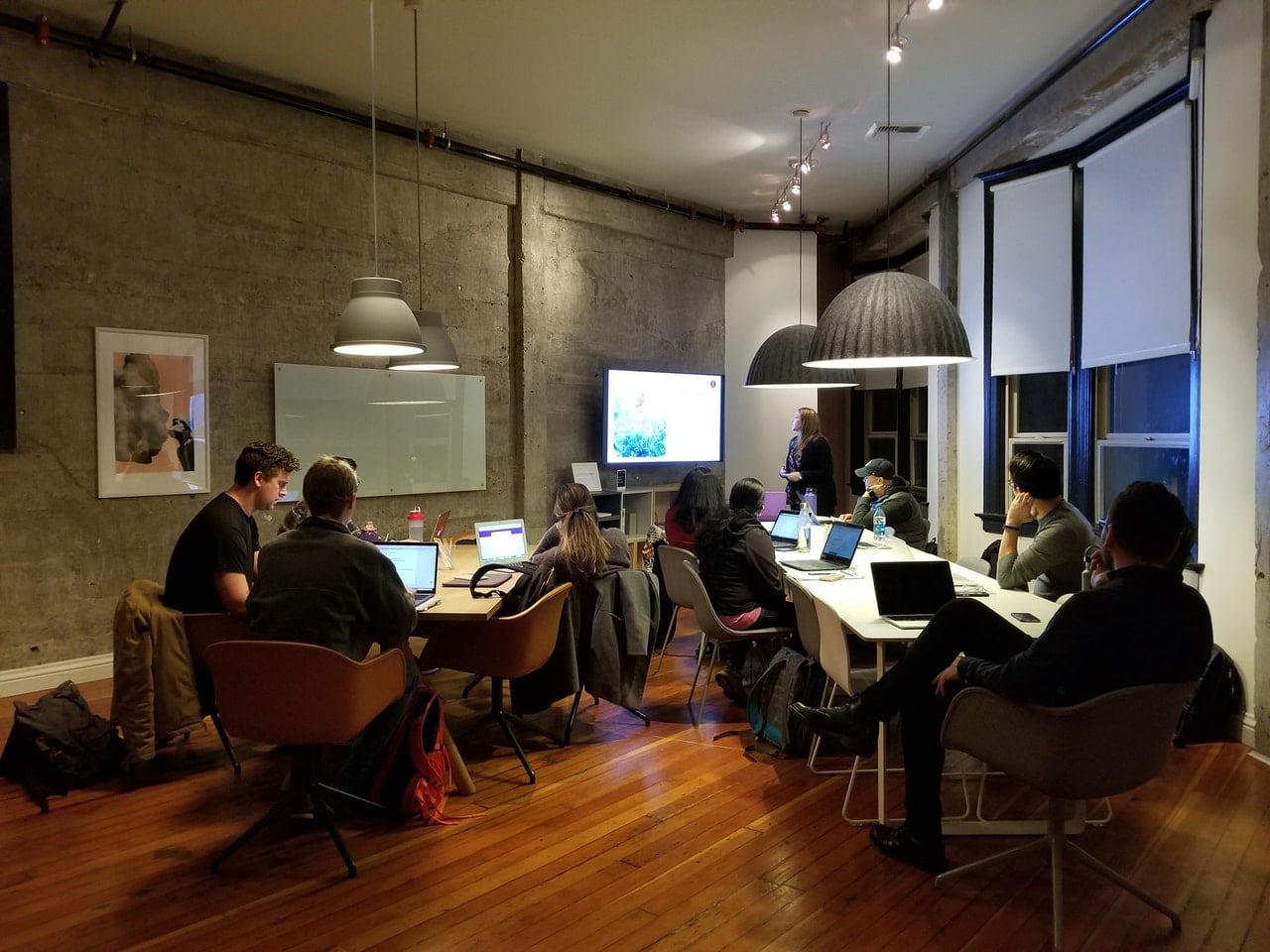Meetings can sometimes be monotonous; droning on and on for what seems like forever. The average person is likely to tune out after the first hour of such a meeting; making all the effort put into hosting the meeting pretty much void. You want to host meetings that your team will stay engaged in, and that won’t zap all of their energy for the rest of the day. Here’s how to create meetings your team will want to attend.
IMAGE: PEXELS
Always Have an Agenda
The most important part of any meeting is creating an agenda to work from. Meetings with no direction or plan often spiral into chaos; with side conversations about last night’s game sprouting up at the other side of the table, and half of the attendees dozing in their seats.
An agenda should be well-thought-out to maximize the amount of time you’ve set for your meeting. Allocate the most important topics to the first half of the meeting, when everyone is most likely to be awake and attentive.
Plan out your topics into time blocks, leaving room at the end of each block for questions and comments. This helps your team stay engaged every 15-20 minutes or so with the opportunity to ask questions about the material you’re presenting.
Your agenda should also include a thoroughly vetted guest list. The wrong people at your meeting can derail it quicker than you’d think. If the people you’re inviting don’t absolutely have to be there, don’t invite them. It’s best to keep meetings to a few attendees as possible; focusing on those team members who the information will impact the most.
Present The Information In An Engaging Way
Exploring how you present your information is the perfect way to discover why people aren’t staying engaged during the meeting. If you show on a whiteboard with static slides and a monotone voice, let’s be honest; you’re going to put people to sleep. It’s almost like listening to an audiobook on repeat. Keep your presentations engaging.
Present information via colorful or interactive mediums; and most of all, keep your meeting attendees talking throughout the meeting. Leave room for questions, ask specific questions yourself, and give everyone a reason to participate. Including video and pictures in your presentation can help keep people engaged much better than simply presenting words on a screen and reading slides verbatim.
Use The Right Software/Tools
Of course, if you want to improve how you present your material, you’ll need the right tools for the job. Smartboards, projectors, and video conferencing software are just a few tools that you can add to your arsenal to improve the effectiveness of your meetings. Video conferencing software is excellent for remote teams and new clients, but be sure to include some virtual meeting ice breakers for those who are new to your meetings.
With better tools at your disposal, you’ll be able to create a presentation that will spark interest instead of fatigue. No one wants to sit in a boring meeting, so it’s time to revolutionize the way we host meetings and make them fun and engaging while still getting the point across.
Keep Meetings Under An Hour
You should always have a set time limit for the meeting, and the ideal length is under one hour. After an hour, people tend to lose focus and disengage with the information. If your meeting is going to surpass the one hour mark, you can include short five-minute breaks in your agenda that will allow everyone to get up and stretch their legs. This will help your attendees regain focus and even seek out refreshments.
The shorter and more precise your meetings are, the better. If you’ve ever been in a long meeting, you know exactly what it feels like to sit in one place for two hours listening to the same person talk about the same subject. Keep your meetings short; your team members will thank you for it!
Ask For Feedback
After every meeting, you can quickly learn what was effective or ineffective about the way you presented your material by asking your attendees for feedback. Send a short, five-question survey via email after your meetings, and ask such questions as “Was the material presented in a way you could understand?” and “Can you suggest any improvements to the way the meeting was structured?”
Gathering feedback from the people who attended the meeting is the best way to ensure your meetings remain engaging and informative (and not too long). After all, who knows best what the meeting needs to improve on than the person who sat through it? Including your team in decision making also helps foster the bond between you and them; which can build a feeling of trust that’s incredibly valuable in the workplace.
The Take-Away
Having better meetings will ensure that everyone remains engaged, and the material you’re presenting is adequately absorbed. Using the right tools, asking for your team’s feedback, and putting strict time limits on your conversation points and meetings as a whole, you’ll be able to craft the perfect meeting that team members will actually want to attend.
Take away the dread of the monthly sales meetings or the monotony of quarterly budget meetings by creating an agenda and including engaging materials. Remember to leave room for questions, comments, and even short breaks if you must have a more extended meeting!
If you are interested in even more technology-related articles and information from us here at Bit Rebels, then we have a lot to choose from.


COMMENTS